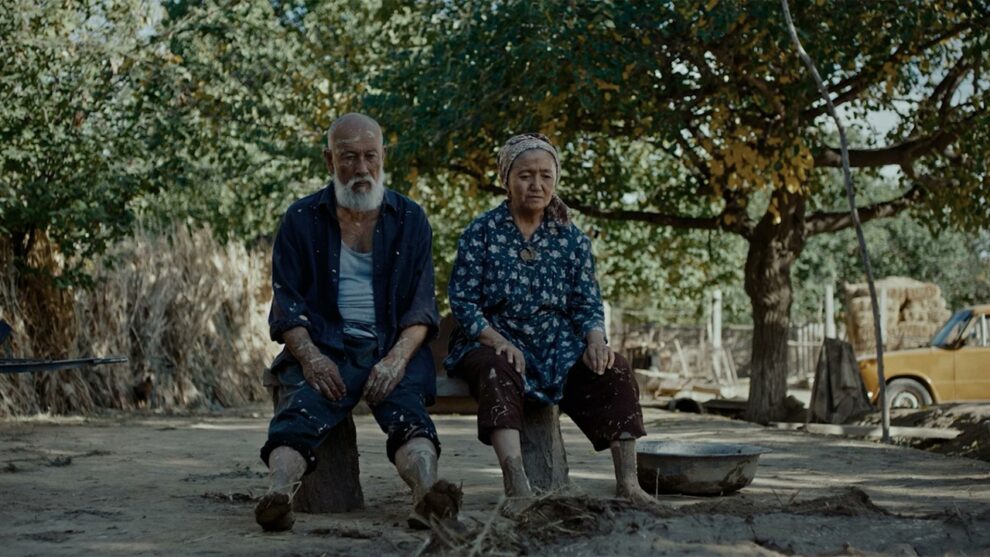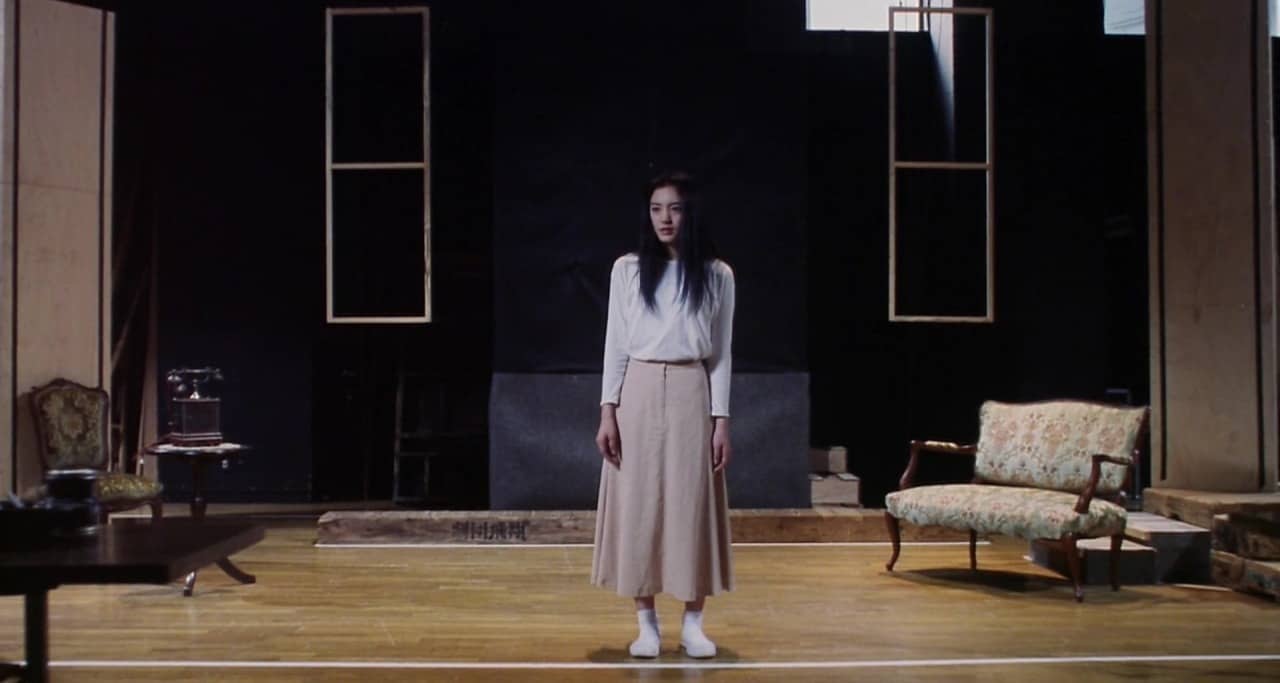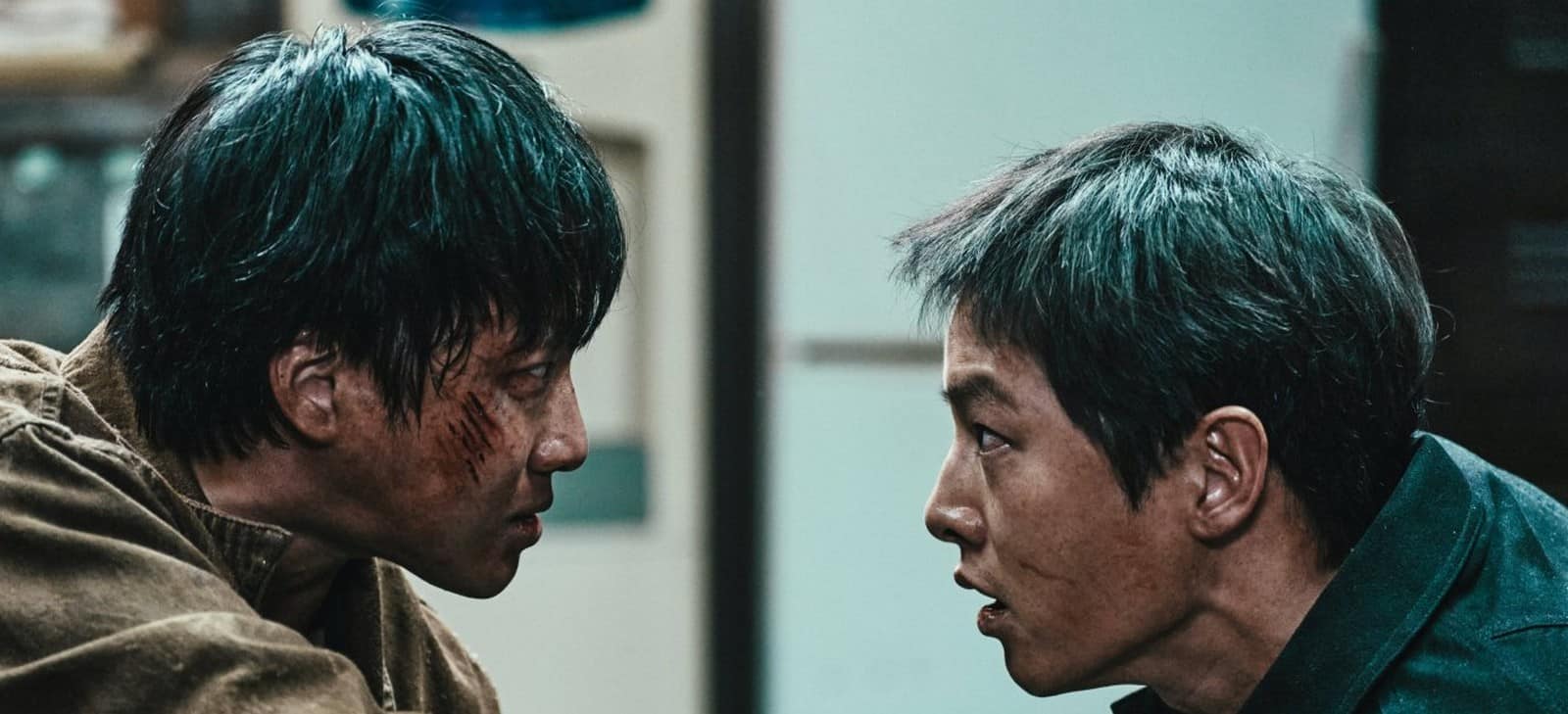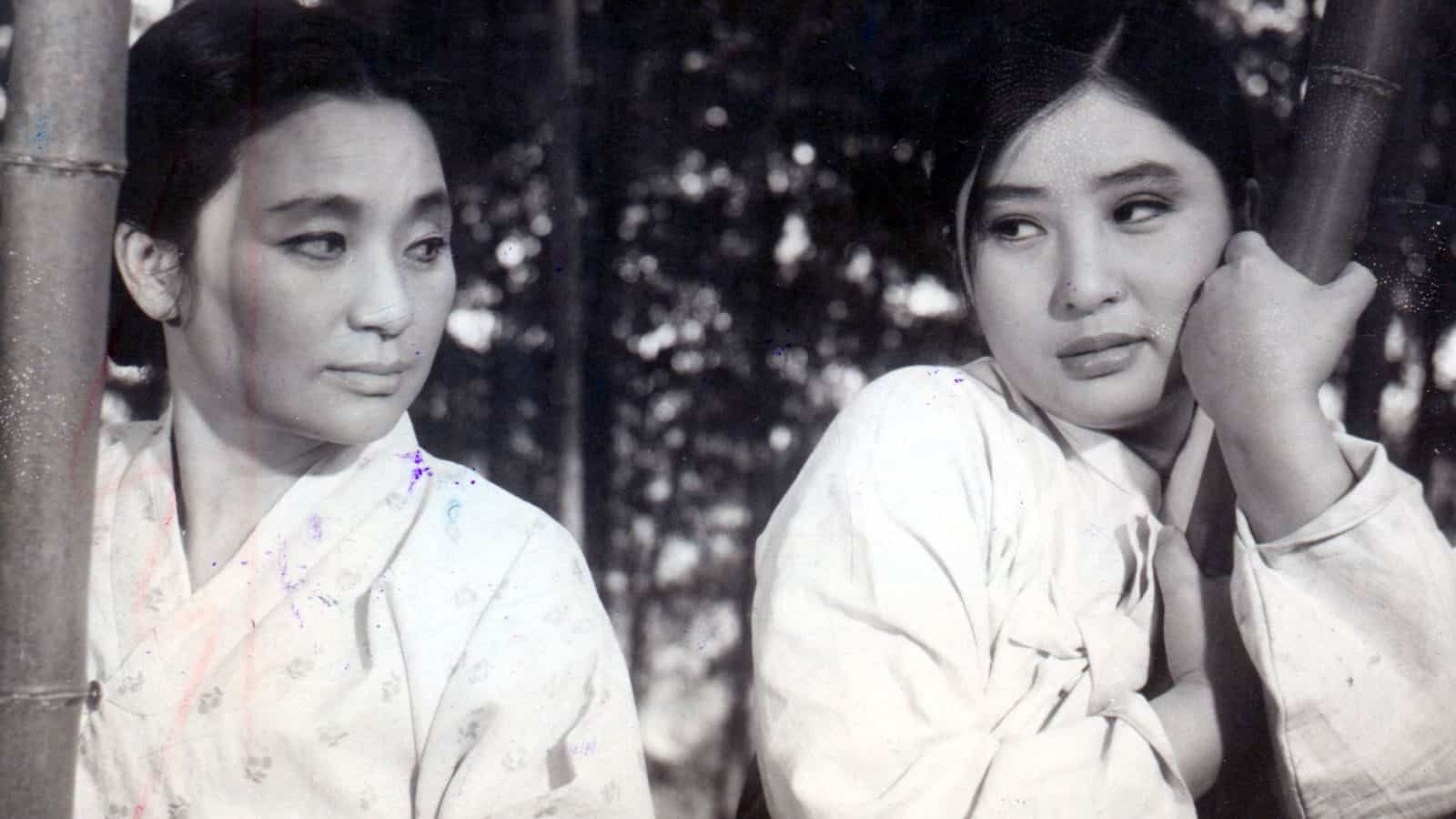Back in 2021, one of the films that truly left an impression in FICA Vesoul was “2000 Songs of Farida” by Uzbek director Yalkin Tuychiev. It seems that Tuychiev, apart from an excellent director, is also an equally good teacher, with “Sunday” by his student Shokir Kholikov proving the fact in the most eloquent fashion. The movie won the Asian New Talent prize for best film at the 25th Shanghai International Film Festival and a number of awards at this year's FICA.
Sunday is screening at Vesoul International Film Festival of Asian Cinema
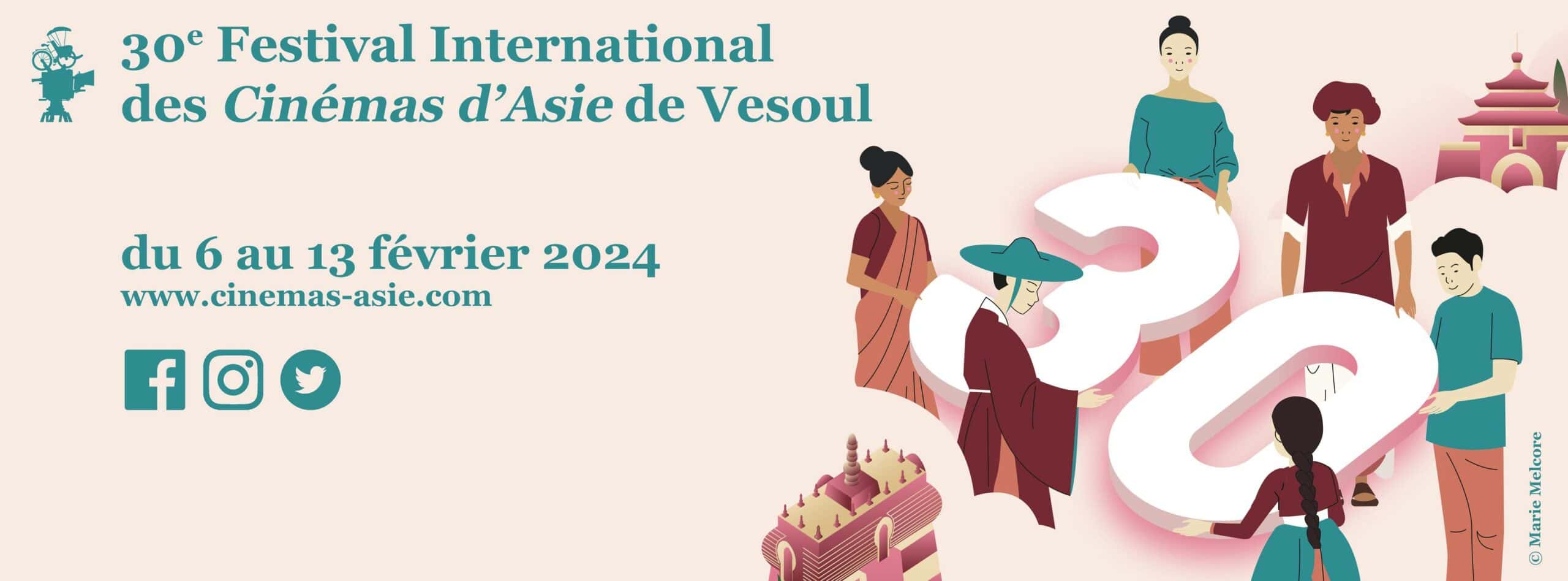
An elderly Uzbek couple pursue their timeless way of life: shearing sheep, milking goats, nurturing watermelons and weaving carpets. The elderly woman doesn't allow anyone to leave their house without a gift and she gently takes care of her cantankerous husband. At the same time, she tries to balance their sons' will to change everything (from the stove to the TV to demolishing and rebuilding the house) and her husband's will not to let anything change. The more he resists, though, the more change seems to come, and the clash between the past and the future seems inevitable.
Meticulously shot and acted, with the attention to the details of every scene and in the retaining of the rhythm being of the utmost degree, “Sunday” is an impressively directed movie which manages to make its comment through a very appealing combination of comedy and drama, while retaining its sense of realism from beginning to end. The last aspect is presented through the routines of the couple, which seem to follow specific paths every day and every season, with the movie essentially showing how they raise their cattle, then shearing them, and from the wool they make, through a rather long process, creating carpets. The routine actually extends to their everyday life, including the when and what they watch on the TV, with their interactions during this time being among the most amusing in the whole film. Lastly, the moment when the husband decides it is time to mend some holes in the exterior of the house, and the mud they create by joining hands and stepping on the material, is probably the most memorable scene here, highlighting both their relationship and their overall way of doing things.
Check also this interview
The harmony the two share is essentially only disrupted by the “interventions” of their sons, all of which seem to create more problems than they fix. The accident with the new stove, the complicated operation of the TV, the ATM card instead of cash, and the car highlight this aspect, while the fact that all happen when the father is not there and is left to the mother to justify her kids' action, showcases the dynamics within the family in the most eloquent fashion.
Despite the fact that the husband is a strong, brutish man, whom the people around him both fear and respect (their sons definitely less on the latter aspect) the fact that he is “losing” to the progress brought by his sons becomes more and more evident, with his declining health, and particularly the finale cementing this comment quite impactfully. It is this element that is the main source of drama here, with Kholikov showing both that people need to adapt in order to survive, and that some are actually unable to do so, thus becoming victims to the whims of those around them who can. The way the narrative leads to this point is impressive, highlighting Kholikov's direction and editing in equal fashion, although there are moments where the whole approach does become a bit repetitive. Diyor Ismatov's cinematography captures the reality of the traditional household with realism, focusing on the two protagonists and particularly their gestures and interactions, in a way that adds both to the drama and the comedy.
Abdurakhmon Yusufaliyev and Roza Piyazova in the two protagonist roles are exceptional, with their antithetical chemistry, as exhibited in the former's grunts and sharp “instructions” and the latter's secret smiles, as much as the moments the upper hand changes, being a true marvel to watch.
Although the lack of tension and the nature of the movie makes it one essentially exclusively addressed to more mature audiences, “Sunday” is a very well-directed, well-shot, and well-acted movie that is bound to satisfy all viewers, also due to the smart humor and way of presenting its comments.


